Where Being Depends on Truth
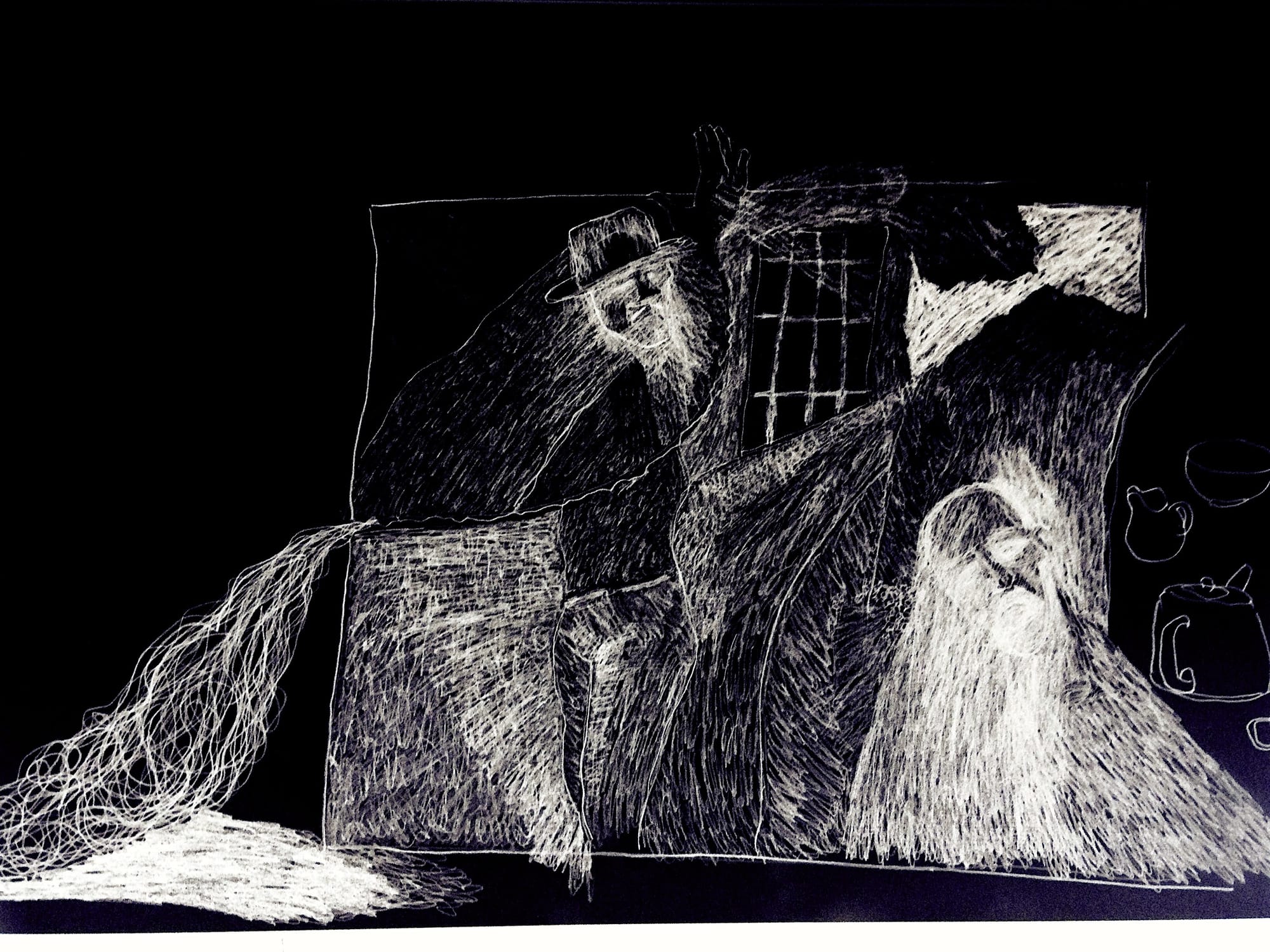
By Douglas Edwards
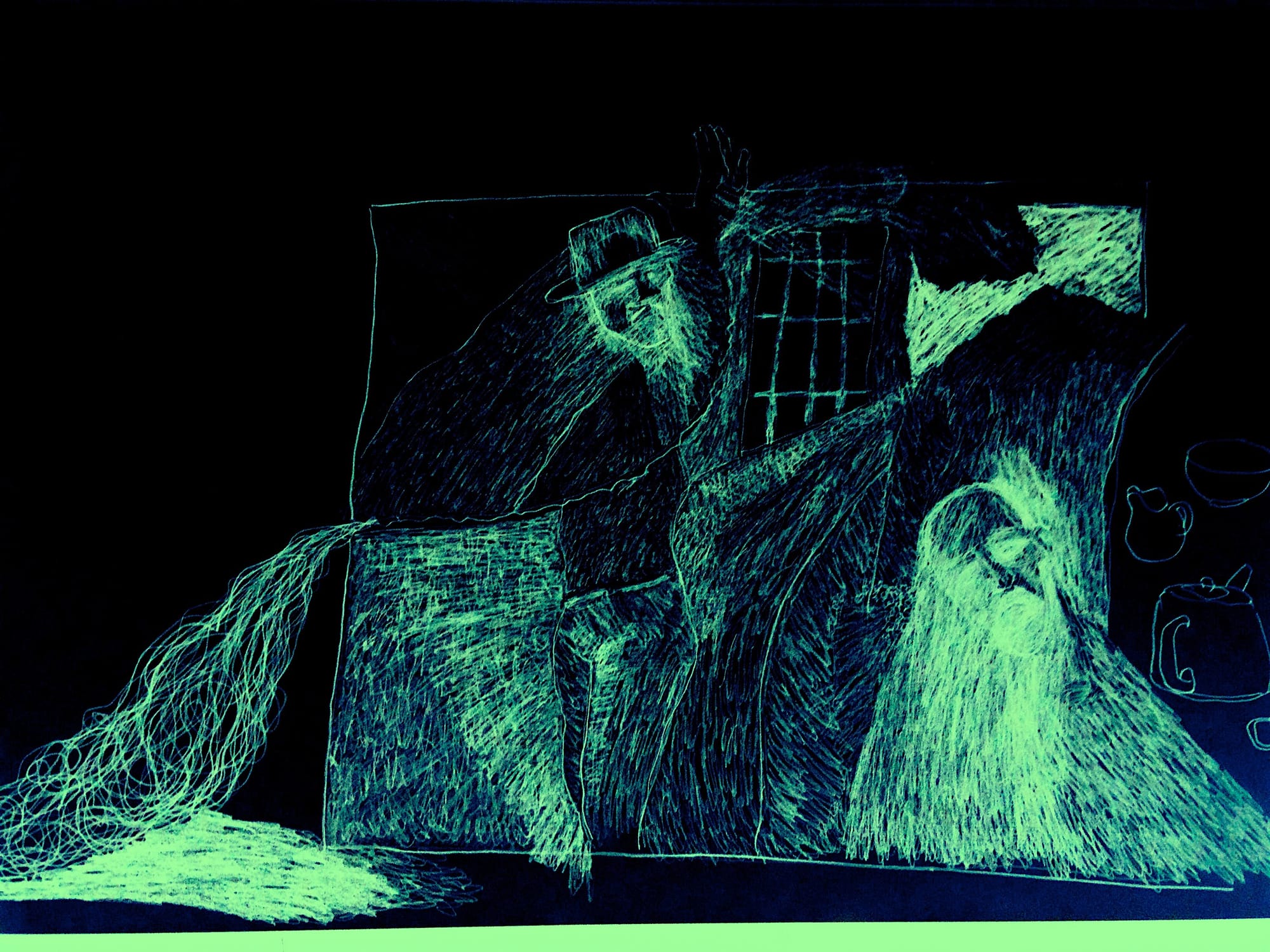
The sound crackles, the picture fizzles; Susan Wilson introduces the participants. P.F. Strawson, the grizzled veteran of many a philosophical tussle, and Gareth Evans, the young bearded and bespectacled upstart. Strawson revels in the conversation. You can see the delight on his face as he poses a tricky question, yet he also has the humility to know when he needs to backtrack and re-state a point. Evans projects calm confidence throughout; sometimes with an impish grin. The discussion is sharp yet civilized, with deft philosophical maneuvering. Early on Strawson lights a cigarette, uncomfortable viewing given that Evans dies of lung cancer a few years later.
A theory of truth is what’s up for grabs, in particular the quest to satisfy two requirements that Wilson gives us at the start: to show how truth can be unified, in that the word ‘true’ has a uniform meaning, yet also diverse, in that many different kinds of statements, such as empirical, moral, mathematical, and social statements, are all capable of being true.
Agreed between the two is F.P. Ramsey’s basic formula about truth: that someone says something true just in case things are as she states them to be. The disagreement comes on how to interpret this; particularly how much weight to put on the phrase ‘things are as she states them to be’.
Strawson takes Ramsey’s principle to indicate that there is a clear dependence of what’s true on ways that the world is. This ‘realist’ approach takes straightforward empirical truths as paramount, and, after playing with the idea that the apparent statements of other sorts are not capable of being true at all, Strawson holds that empirical truths are ‘primary’, and all other kinds of truths are true in virtue of these truths.
Evans takes Ramsey’s principle to be much thinner; as simply a generalization of individual statements of the form ‘she said that p and p’. On this ‘deflationary’ view, anything of the right grammatical form to substitute for ‘p’ is capable of having truth attributed to it, and thus there is no mystery of how moral, mathematical, and social statements are true in addition to empirical ones.
It’s safe to say that the realist and deflationary positions deftly discussed here have dominated the study of truth in analytic philosophy. To this I want to add to my take on a third way that has emerged since: pluralism about truth.
Let’s go back to Ramsey’s principle that a statement is true just in case things are as they are stated to be. Evans’s initial objection to Strawson’s realist interpretation of this principle is that in some areas, such as morals, mathematics, and the social, there are no things out in the world that could make such statements true. I happen to agree, but don’t, like Evans, take this as a cue to deflate Ramsey’s principle; rather I think it shows that the principle works both ways.
Let me explain. Strawson takes Ramsey’s principle to suggest a dependence of truth on the world: that a statement is true because things are as it states them to be. In a slogan, truth depends on being. I hold that the fact that this doesn’t work in some cases means that in those areas the dependence goes the other way: in morals, mathematics, and the social, things are as they are stated to be because the statement is true; being depends on truth.
This implies that we need to think of truth differently in those areas: if the way things are depends on truth, then clearly truth cannot be a matter of dependence on the world, in the way it is for empirical truths. Instead truth will be connected to what we are durably justified in stating. Hence the pluralist aspirations of the view: we explain the diversity of truths by holding that there are genuine differences in the ways that various kinds of statements get to be true. There are substantive things to say about truth – contra Evans – but – contra Strawson –what substantive things there are to say vary according to subject matter.
As for unity, and why we have a single word ‘true’ that applies in these different areas, I make an analogy with winning. We have a universal notion of winning, but there are countless different ways to win, depending on the game you’re playing. So I say for truth: we have one universal notion of truth, but the way statements get to be true depends on the subject-matter.
There is much more to say, particularly on the question of how the different ways of being true relate to the universal notion of truth. “But,” to quote one of our eminent philosophers, “what would yield an answer is something that we probably don’t have time to discuss”.

ABOUT THE AUTHOR
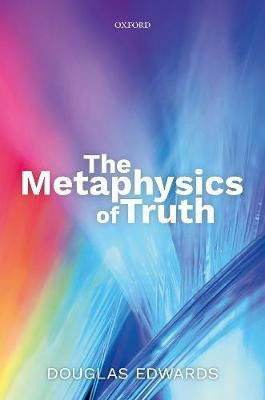
Douglas Edwards (Utica College), is the author of The Metaphysics of Truth (Oxford University Press, 2018), which won the APA’s 2019 Sanders Book Prize.
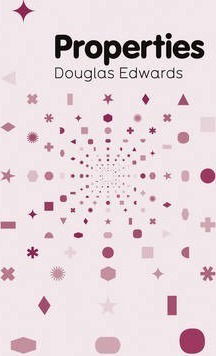
He is also the author of Properties (Polity Press, 2014),
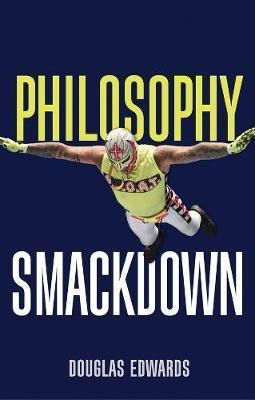
Philosophy Smackdown (Polity Press, 2020),
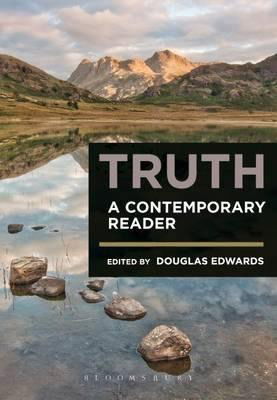
and the editor of Truth: A Contemporary Reader (Bloomsbury Press, 2019).